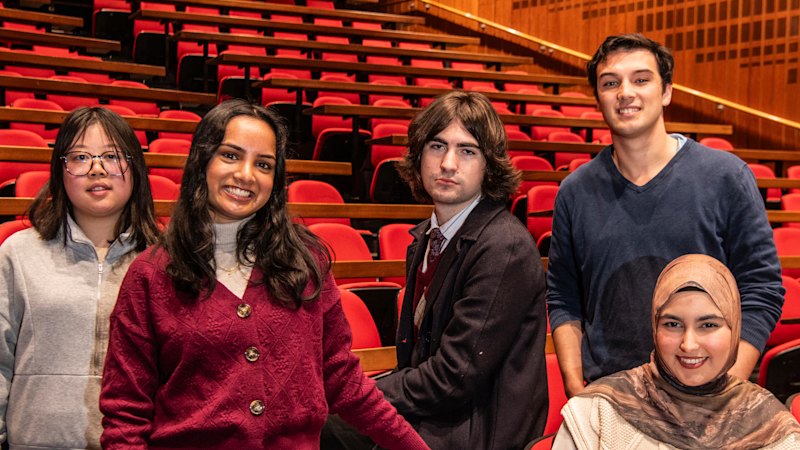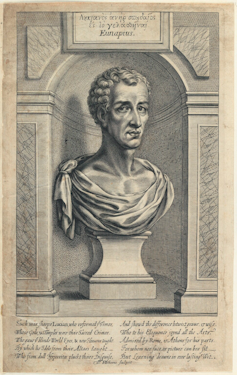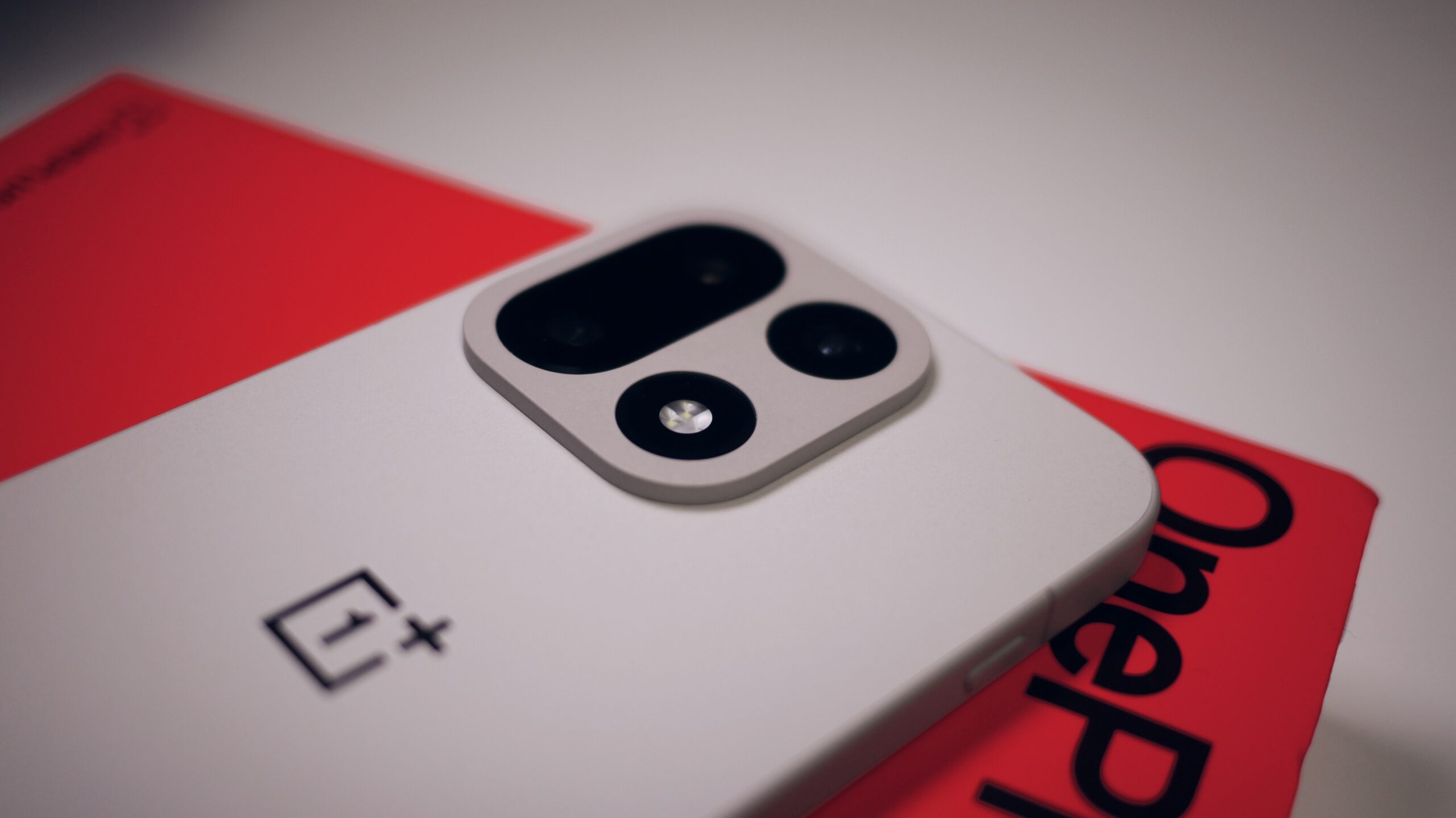
The introduction of generative artificial intelligence (AI) has prompted universities to reassess the value of traditional degree programs. This shift is exemplified by the experience of Tuba Shakeel, a student who faced serious consequences when her university’s software flagged her assignment as entirely AI-generated. Despite having a bachelor’s degree with honours and a history of academic writing, she received a zero on her assignment until she could demonstrate her authorship.
Shakeel’s situation highlights the broader challenges universities are grappling with since the launch of tools like ChatGPT. Institutions are striving to maintain academic integrity while adapting to the rapidly changing educational landscape. As of this semester, the University of Sydney has implemented a more flexible policy regarding AI use, allowing students to incorporate AI in approximately 80 percent of their assignments, provided they disclose its usage. For the remaining assignments, including in-class exams and oral presentations, reliance on AI is strictly prohibited.
While Shakeel acknowledges the potential benefits of AI, she expresses concern about the impact on younger students’ learning attitudes. She notes that some first and second-year students question the need for effort when they can use AI tools to complete tasks. “By taking that step, you’re missing out on these really useful skills,” she warns.
The advent of AI has sparked fears that it may diminish fundamental learning experiences. In the United States, allegations have surfaced regarding students using AI to cheat, while UK employers report hiring fewer graduates due to the automation of tasks that were once considered essential for entry-level positions. Professor Adam Bridgeman of the University of Sydney emphasized the importance of maintaining the integrity of degrees, stating, “The integrity of our degrees is what gives you that passage into the world.” He also acknowledged that adapting to AI is necessary, as it is profoundly transforming workplaces and educational methodologies.
Students like Wen Zhong, a second-year education major, express mixed feelings about AI. “I kind of feel reluctant when using AI. I feel scared like, ‘Am I really doing my job, or am I using AI to just replace myself?’” This sentiment underscores a significant concern among students regarding the balance between utilizing AI and ensuring their skills are not diminished in the process.
The potential drawbacks of AI extend beyond individual anxieties. William Thorpe, an arts student, raised alarms about the cognitive implications of outsourcing learning tasks to AI. He referenced a study from MIT that indicated users of AI tools like ChatGPT displayed lower levels of cognitive engagement, suggesting a possible decrease in essential learning skills.
For some students, the reality of AI’s role in education presents a challenge to academic policies. Thorpe recounted an experience where a tutor encouraged AI use in a digital cultures class, despite it violating university policy. This discrepancy between academic guidelines and student practices raises questions about the effectiveness of existing regulations.
In contrast, Jack Quinlan, a fourth-year student and tutor, views AI as a beneficial resource when used responsibly. He believes that AI can enhance learning by allowing students to focus on broader concepts rather than getting bogged down in minute details. “I think a lot of people want to learn and actually do engage with it properly,” Quinlan stated, highlighting the potential for AI to facilitate deeper analytical thinking.
As universities navigate the complexities introduced by AI, the conversation around the value of a degree continues to evolve. While institutions seek to integrate technology into learning, the fundamental purpose of education—fostering critical thinking and skill development—remains at the forefront of discussions. The balance between embracing innovation and preserving the integrity of academic achievements is a challenge that will define the future of higher education.





